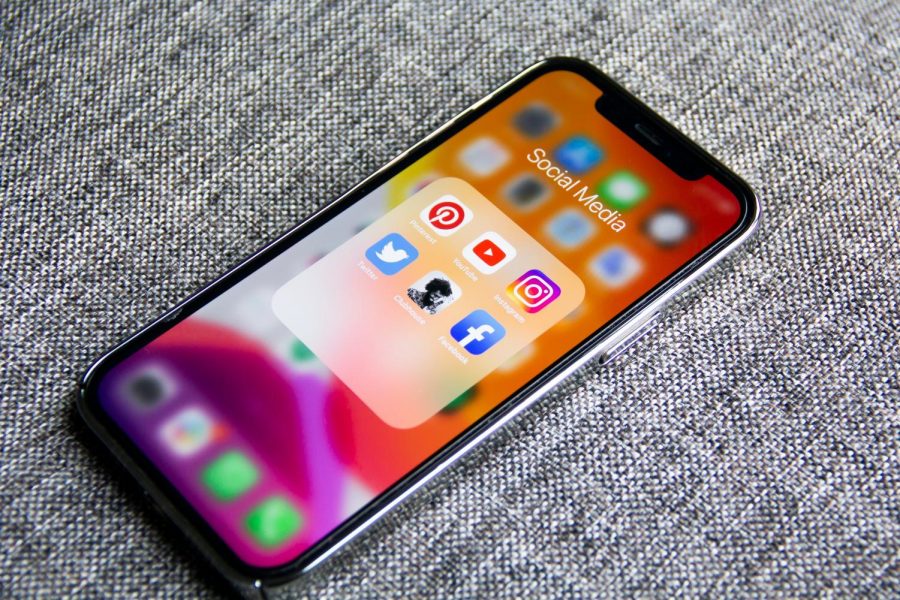Students shift away from Facebook
October 20, 2021
Lincoln Land students are leading the change in social media behavior. While Facebook Inc. is still the largest social media provider with its multiple social apps, its lead is gradually slipping as younger people move away from traditional feed-based apps to more visual active apps like Snapchat and TikTok.
An anonymous survey of students was conducted to establish what they like and why.
“Snapchat is mostly what is used by my friends, and TikTok is very funny. I like Pinterest because it is social media without too much social and Twitter is basically a diary of my thoughts,” said one of the anonymous survey takers.
When asked what is good about social media, the 12 respondents cited staying in touch, getting information quickly and seeing what their friends are up to. The bad things noted about social media are lack of privacy at times, bullies and negativity, exposure to unattainable standards, misinformation and its addictiveness.
Social apps have become an integral part of daily life. Statcounter.com said 73.4 percent of Americans aged 16-65 use social media to stay connected to friends, family and work associates.
According to Statcounter, Facebook is ranked the highest overall and holds 73% of the social media landscape. In contrast, the survey indicates 90% of students use Snapchat and Instagram, followed by Twitter, Facebook and TikTok tied in second place with 63% student users. Pinterest is used by 18% of students, while WhatsApp, Discord, Slack and CuriousCat are used by less than 9% of students respectively.
Combining its portfolio of apps, Facebook has even more reach, as it has been steadily scooping up social media startups over the years. Instagram, WhatsApp, and Oculus VR are among the 78 companies that Facebook has bought out between 2005 and 2019.
Lincoln Land student respondents are split on whether the companies that provide social media platforms have their users’ best interests at heart.
“I think any company shouldn’t have the power to influence society, its values, or customs in the way that Big Tech does.” said one of the anonymous respondents.
The disproportionate market share of Facebook has been the concern of lawmakers for years now, starting most notably with the Cambridge Analytica scandal in 2016 when Facebook leaked private user data to the private UK-based firm for political analysis purposes. The goal was to understand each users’ personality and use directly targeted ads to sway votes in a presidential election.
In June 2019, members of Congress started an antitrust investigation into possible monopolies developing in the information sector dominated by the Big Tech companies: Google, Facebook, Apple and Amazon. The investigation culminated into five antitrust bills introduced June 11, 2021, by a House committee with bipartisan support.
On June 15, 2021, President Biden appointed former law professor, Lina Khan as head of the Federal Trade Commission. At 32, Khan is the youngest chair in FTC history and became famous as an outspoken critic of monopoly power in her paper “Amazon’s Antitrust Paradox”. Since October, she has been involved in lawsuits against Facebook trying to challenge its information monopoly.
On October 3, 2021, Frances Haugen, an employee of Facebook at the time, came forward as a whistleblower after leaking internal documents to the press, claiming that “[Facebook’s] leadership knows how to make Facebook and Instagram safer, but won’t make the necessary changes because they have put their astronomical profits before people.”
She has since testified before Congress.
While many in politics and students at Lincoln Land are concerned about the reach of social media, some surveyed students disagreed.
“No, I think we will be OK,” one said.
Another added, “No, I think it is just the direction the world is heading.”

